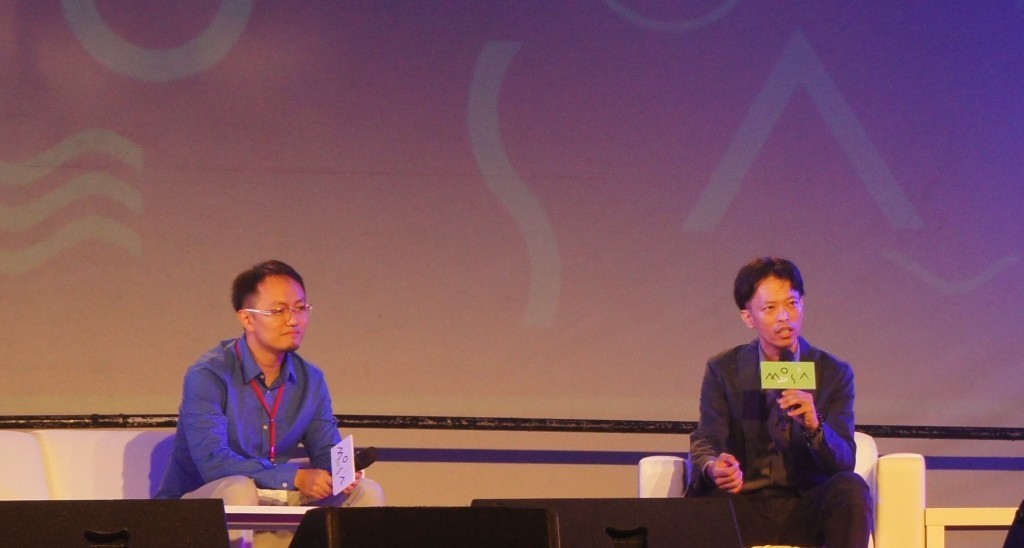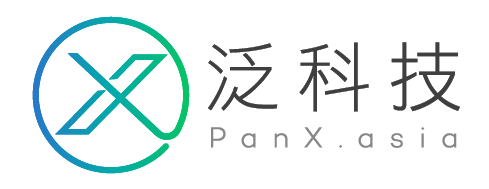Larry Ho on Entrepreneurship: Looking Busy or Not Taking Risks Can Be Fatal to Your Business
“Taiwan is a great place for living, having nice food, and starting businesses.” Said Larry Ho, the once co-founder of the legend of Taiwan’s E-commerce, and now chairman of audio equipment startup Light Harmonic.
Larry Ho is one of Taiwan’s earliest Internet entrepreneurs. In 1994, he founded Inforian with his partner during the rise of the Internet, and turned it from an ordinary publisher to a highly diversified software company, that developed the IQ search engine and the first Chinese instant messenger CICQ. They were also the first Taiwanese company to win Intel’s US$25 million investment. In 2001 however, they were involved in the Internet bubble like all other entrepreneurs of the same generation and had to close down the company.
Despite the major setback, Ho did not give up. He then turned to cloud gaming and music streaming services in China and America. In 2011, he founded another company making audio equipment in Silicon Valley, called Light Harmonic. Ho stressed the importance of the market, “You can create your own market, if for example you can cure cancer it’s a whole new market; or you can build a new business model, like how Uber got theirs by combining idle resource and market demand.”
The reason Light Harmonic’s products are so popular over crowdfunding websites like Kickstarter and Indiegogo, and are able to make a brand new audio system Tesla Model S Premium Audio, LH Edition, with Tesla, is that they see and satisfy the market’s demand for high quality audio equipment.
Larry Ho sharing his personal stories at MOSA, under the title “Untold stories by a serial entrepreneur.” On his right is host Wayne Huang, aka founder of Armorize Technologies.

Spend Your Time Talking to Clients, Not Marketing
Some people suggest that you should start your business domestically, because you’d know more people and understand the market better in your own country; some just go to China or America where the market has less boundaries so you can redefine your products and targets as you see fit. Ho thinks both can be difficult in different ways, for he himself had gone global so he knows exactly how dedicated you have to be to differentiate your product or make full use of your advantages. He found his answers through social media.
Ho interacts with the crowd actively. His biggest reward from crowdfunding is how crowd designing helped him improve his product. “We made a cool thing for ourselves from our first crowdfunding, a computer AV converter, and also made US$300,000 which wasn’t too bad. We seized the opportunity and kept asking our backs what else they wanted through Facebook, forums and other social media, and we received a lot of feedback; three months later, we had our second crowdfunding and raised over a million dollars.” He went on, “Getting into the market takes some time, but not on marketing itself. You have to talk to your customers directly, because you are the one making decisions for your company.”
Differentiate yourself by being the best, be responsive to market trends
Once you have found your position, it’s time to expand. Ho spent plenty of time building his team. “Many people ask me who they should hire first when they start their business, and I always tell them to ‘hire’ nobody.” How exactly do you get someone to work for you without having to pay him? Ho jokingly said, “The same way Wayne Huang got me here at MOSA today. It’s your enthusiasm that matters most, you have to use it to convince people that they have no choice but to join you.”
During your expansion, everything can be a pain yet crucial. You must identify your competitors, business ecosystem and make the best product that stands out in the market. Lastly, you need to find a way to globalize yourself and a research team that works fast. You need to be responsive in the Internet business, whenever there’s something new you have to get into right away and strike back with something else. Ho said that you need to get feedback from the market and the users as fast as you can, and reflect it on your product. “It’s not easy, which is why many people eventually quit.”
Host Wayne Huang then asked Ho how to properly build a company culture, and he answered, “It is important to take risks. Many people, especially in the lower middle class, refuse to do more in order to avoid making mistakes, so they just try to look busy all the time. This is dangerous for a company culture, because you will be outperformed by your competitors.” He also added that he had made several mistakes himself in his twenties, and these mistakes were all reported by magazines in Taiwan, which might not be a bad thing because it could make his employees think that “if my boss makes mistakes, I guess so can I!” and start doing more.
Acknowledge yourself before being assessed
Before the event ended, Ho told us that there had never been a better time to be an entreptreneur. There weren’t any crowdfunding websites or useful forums for entrepreneurs like MOSA 20 years ago, so the only key to success was whether or not the entrepreneur himself was determined enough to provide a core service that was truly valuable. “It’s the other way around today, people take part in accelerators, contests, or propose their ideas to VCs and wait for their consent. As a matter of fact, these VCs are just observers, they aren’t certain what to do most of the time, and the entrepreneurs would end up not carrying out their plans at all.”
中文版連結












留言討論